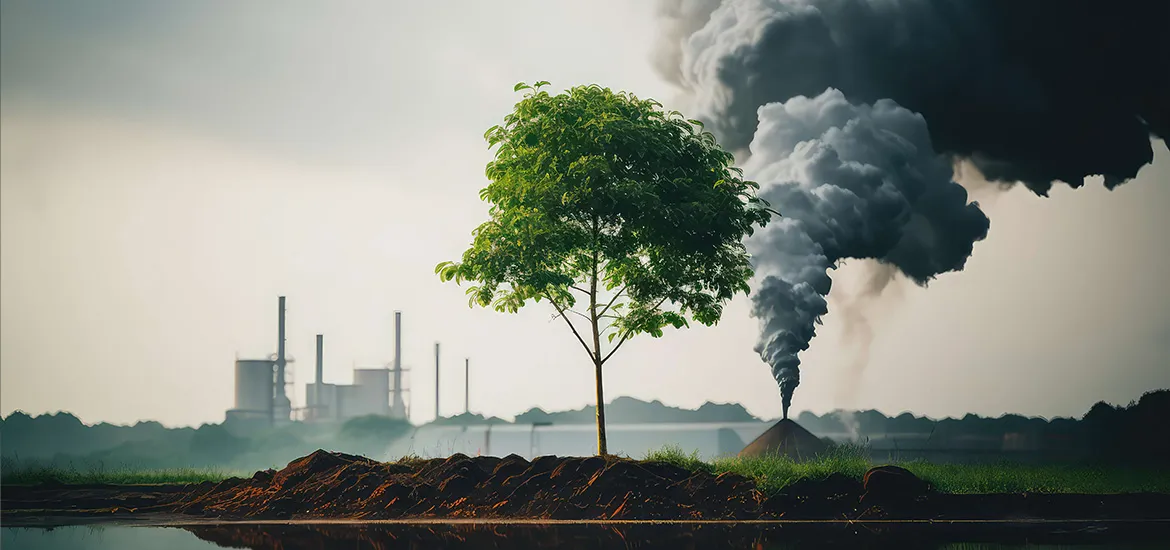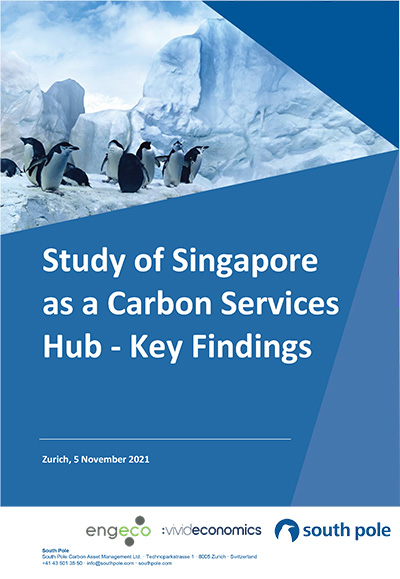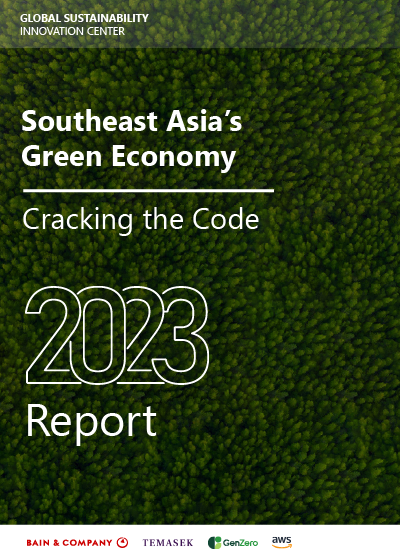Singapore is prepared to accept forest conservation carbon credits, but they will have to come from projects that consider deforestation across an entire jurisdiction, not just deforestation on a project level, a government spokesperson has told The Business Times (BT).
The spokesperson said that the stance is aimed at addressing the risk of “carbon leakage”, which occurs when deforestation is simply “moved” from within a project to an area that is unmonitored
Leakage is of particular concern in countries with historically significant levels of deforestation, and in the class of conservation credits known as Redd+. Redd+ stands for “Reducing Emissions from Deforestation and Forest Degradation”.
Singapore is preparing to release by year’s end a list of eligible host countries, programmes and methodologies under its International Carbon Credit (ICC) framework, which will allow companies to offset up to five per cent of their taxable emissions beginning in 2024.
This comes after the Ministry of Sustainability and the Environment and the National Environment Agency (NEA) published the eligibility criteria underpinning the coming list.
Jurisdictional Redd+
Redd+ projects have come under intense scrutiny amid heightened scepticism about the integrity of their emissions reduction claims.
Responding to BT’s queries, the government spokesperson said Singapore recognises the need to support the management and conservation of existing forests, and to restoring deforested areas.
Therefore, “we will accept Redd+ projects that adopt a jurisdictional approach in countries with historically significant levels of deforestation”, he said. These include projects developed using the jurisdictional and nested Redd+ (JNR) framework of the Verified Carbon Standard (VCS).
JNR projects are seen to avoid some of the criticisms that have plagued the project-level Redd+ methodology. Project-level Redd+ credits have bore the brunt of criticisms about inflated baselines and over-crediting, but JNR projects are seen to be subjected to stricter oversight.
This position is aligned with the eligibility criteria set by the Carbon Offsetting and Reduction Scheme for International Aviation (CORSIA), which is regarded as one of the most rigorous and reputable international standards, the spokesperson explained.
Environmental integrity
The government is unlikely to include “high forest, low deforestation” (HFLD) credits in the initial version of the eligibility list.
The spokesperson said these credits are still new, and will require further assessment for environmental integrity.
HFLD credits have been mooted for heavily forested areas with historically low rates of deforestation, on the basis that it is important to protect these areas early on. But whether the avoided emissions from such projects are truly additional to business as usual has been a subject of debate.
The Singapore government’s stance is to monitor developments and international discourse around these credits, explore working with HFLD jurisdictions to refine HFLD methodologies, and come up with mechanisms that offer incentives to promote conservation, the spokesperson said.









